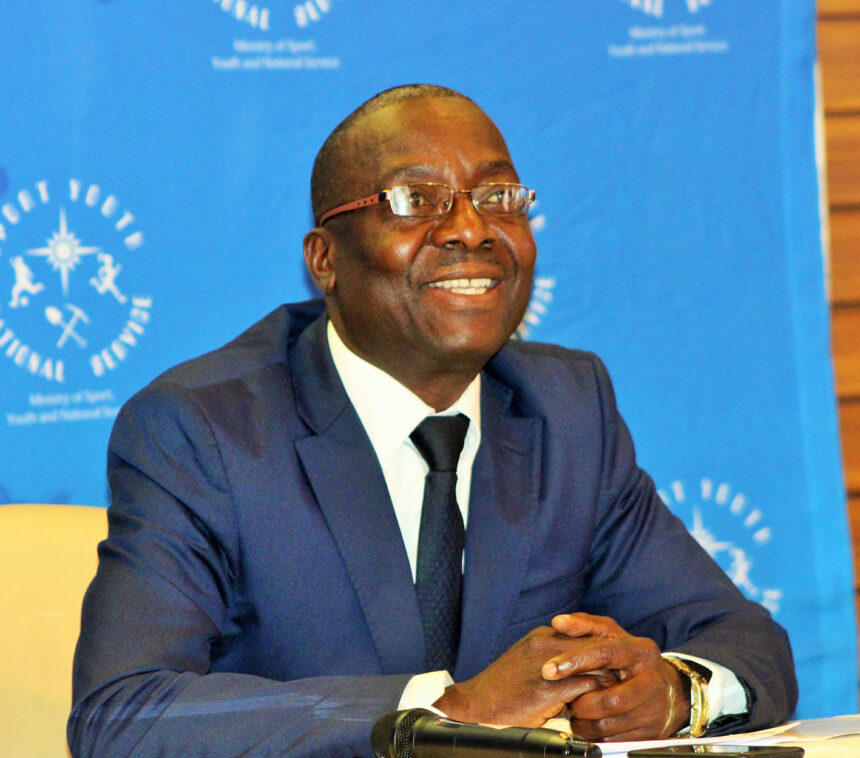Urban and rural development minister Erastus Uutoni has stated his office is inundated with applications from “tribal chiefs” seeking recognition as traditional leaders by the government. Uutoni told New Era yesterday his office has received numerous applications from various «chiefs” requesting acknowledgement, without revealing the number of chiefs seeking recognition.
“What we always advise these chiefs is that they must first solve internal issues before seeking recognition,” he said. “Sometimes you will find two people wanting to be recognised as chiefs of one traditional authority. We have so many such applications. I am now travelling, I could have shared the exact number with you, but there are a lot.”
According to information presented in parliament in 2017, there are currently 52 recognised chiefs costing government in excess of N$20 million each year.
Government pays a N$2 100 monthly allowance to each of the recognised chiefs and a N$1 800 monthly allowance to 306 senior traditional councillors. It also pays a monthly allowance of N$1 600 to 306 junior traditional councillors, N$1 300 for each traditional authority secretary, N$1 000 monthly allowance for each traditional authority driver and a quarterly petrol allowance of N$3 000 to each recognised traditional authority. In total, government spends N$20.6 million a year on traditional authorities.
Besides allowances paid between 2009 and 2016, government handed brand new 4×4 Toyota Hilux double cabs to all 52 recognised traditional authorities throughout the country.
They use the vehicles to carry out their traditional responsibilities in administering the affairs of their respective communities. Among those seeking recognition, according to information in New Era’s possession, is Ovambanderu Council Chief Aletta Nguvauva, who wants to be recognised as the chief of Otjombinde in the Otjombinde constituency, Omaheke region. Other chiefs seeking recognition, according to the information at hand, are from minority groups such as Ovatwe, Ovazemba and Ovahimba. Also, recently, infighting has surfaced in the Ovaherero Traditional Authority following the passing of its paramount chief Vekuii Rukoro, late last year, allowing two factions to emerge. Mutjinde Katjiua has been appointed as the new paramount chief to replace Rukoro by one faction, while the opposing faction, commanded by the chiefs council chairperson Vipuira Kapuuo, has yet to name its paramount chief.
The matter has already been brought to the attention of the courts. President Hage Geingob has repeatedly urged traditional leaders to use customary laws to resolve succession disputes, instead of going to court at taxpayers’ expense, questioning why traditional leaders approach courts. He has also said recognising more traditional authorities would be financially unsustainable and could lead to further tribal divisions.
– ktjitemisa@nepc.com.na


